
A survivor of female genital mutilation (FGM), who recalls being held down as a child and “cut”, has taken to TikTok to raise awareness of the illegal practice and to provide support and solace to others.
Amani Abdallah, 24, was born in Sudan where FGM was a common practice, with the mother-of-one saying she recalls “snippets” of the procedure including the “pain” she felt and the difficulties she had passing urine – which almost caused her death due to a severe infection.
When she was in secondary school and studying biology and anatomy after moving to the UK with her relatives, Amani recalled seeing a diagram of female genitalia in a textbook and asked a member of her family why her vagina “didn’t look like that”.
Amani said it was not until later in her teenage years where she “spiralled” after realising she had been a victim of FGM.
Years on, Amani has had a baby through C-section and has undergone a procedure called deinfibulation, a surgery which opens the vagina, to “take back power and control” of her body and her story – which she is now sharing on TikTok to offer support, guidance and information to others.
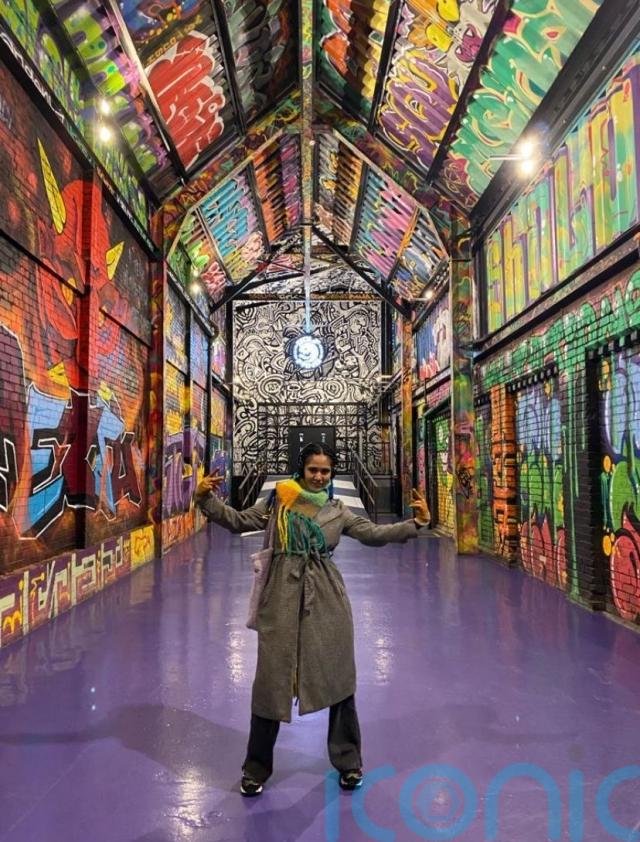
“When I was 16, no-one was talking about FGM on social media and I wanted to raise awareness for the fact that you can have a life after FGM, life will get better and there is hope out there,” Amani, an adult nursing student living in Sheffield, told PA Real Life.
“You can pull through, you can have children, you can find a good partner, you can have sexual intimacy and if there’s anyone who has gone through this, there are so many ways you can get help.”
The World Health Organisation (WHO) defines FGM as a procedure which involves the partial or total removal of the external female genitalia or other injury to the female genital organs for non-medical reasons.
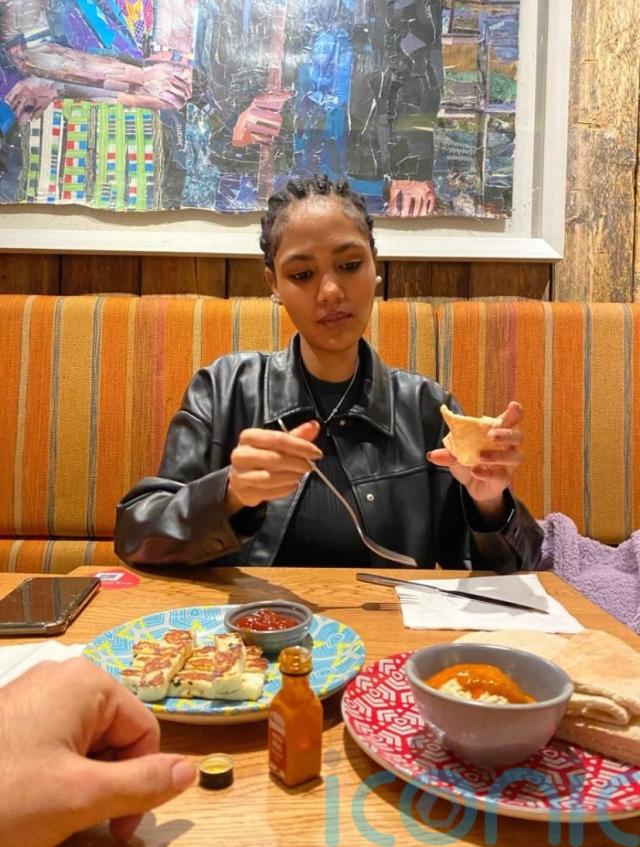
The practice has no health benefits for girls and women, and causes severe bleeding, problems urinating, and later cysts and infections, as well as complications in childbirth and the increased risk of newborn deaths, according to the WHO.
Amani said she was born and raised in a Sudanese village where FGM was common for young girls before the practice was criminalised in the country in 2020.
When Amani was six or seven – she is unsure how old she was exactly – she recalled being taken to a bushy area of the village where they would grow crops, accompanied by people from her village, and told to lay down on a pillow.
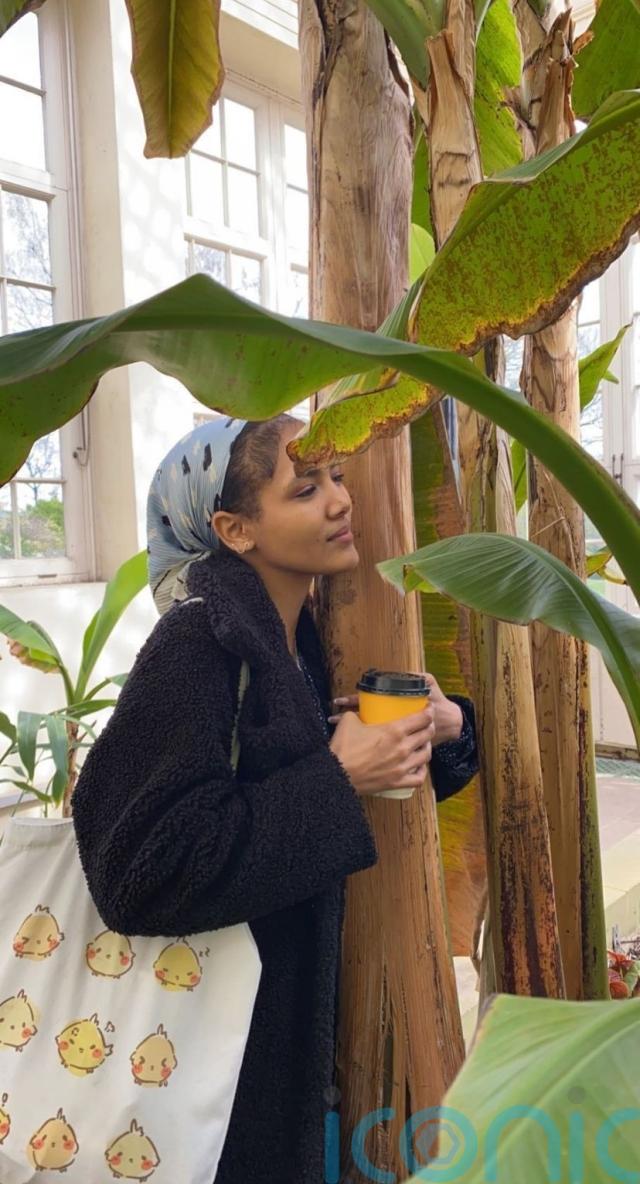
“I just remember them all going on top of me suddenly but I don’t remember anything after that, I don’t remember who cut me, her face is very blurry,” she said.
Amani said she remembers “snippets” of the days following the procedure, saying: “I remember this bright pink potty, my legs were tied together with loads of ropes and I was sitting on this potty and being told to wee.
“I remember I was crying and screaming and saying I was in pain as it hurt – that’s one thing that sticks out in my memory.”
She added: “They like to do it at a young age because kids fight – I don’t think I was able to put up much of a fight and they could easily get me down.”
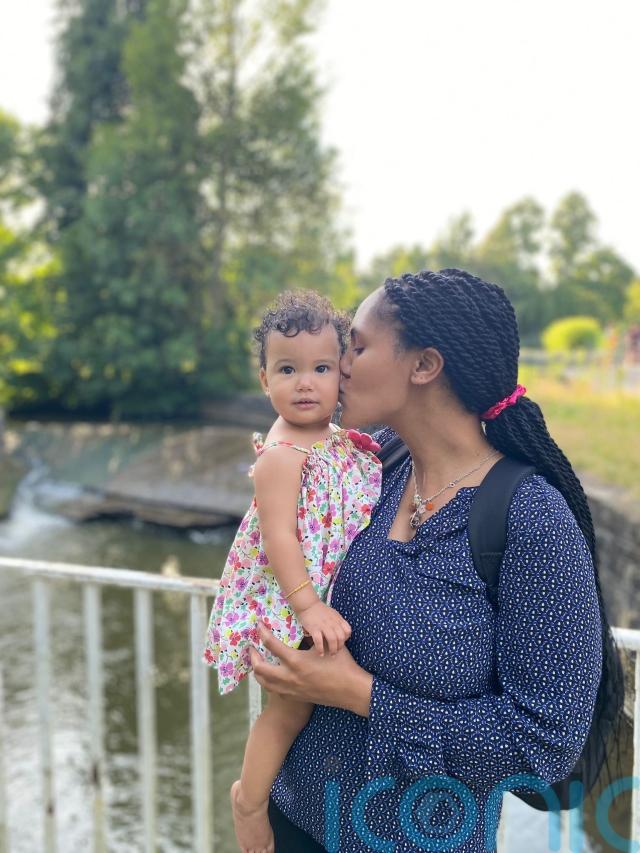
Soon after the procedure, Amani recalled getting an infection because she was not able to pass urine properly.
She said: “They basically thought I was going to die and obviously, they couldn’t take me to hospital.”
Amani said she was told by a family member how she was “weak” and “floppy” with the infection, but she eventually recovered – even though she said her family had been “preparing for my death”.
When Amani was 10, she and her relatives moved to Sheffield, and during her time in secondary school, she said she started to learn about anatomy, where she recalled seeing a diagram in a textbook of a cartoon woman with her legs open when she was 16.
“She had a vagina that didn’t look like mine and I remember asking the teacher if they all look like that,” Amani said, adding that she took the textbook home to show a family member.
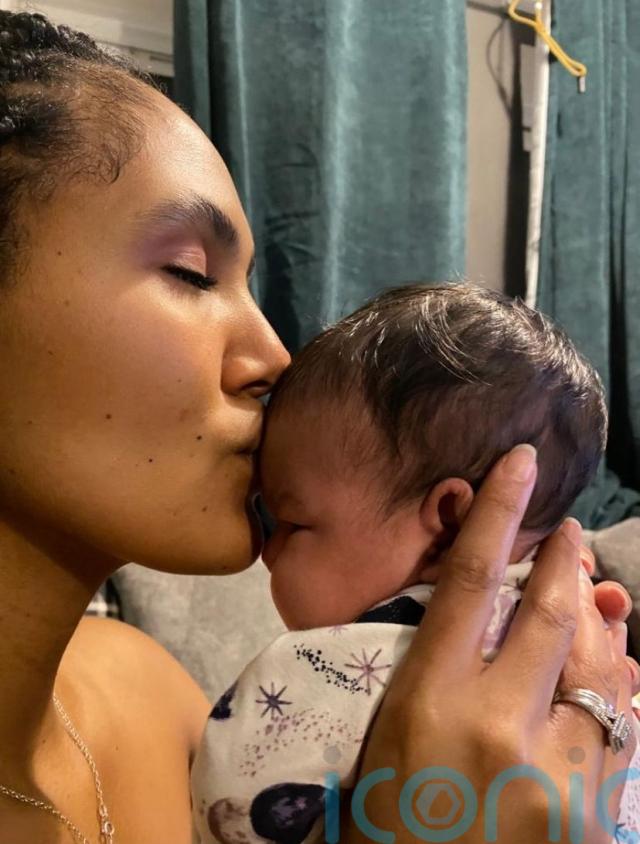
“I pointed out the parts and said ‘mine doesn’t look like this, mine is all closed up’,” she said.
Amani said she started to research into the reasons “why my vagina looks like that”, saying: “That’s around the time I spiralled because I started coming across FGM and the different types.
“I always had these memories but my brain never brought them to the forefront.
“I just remember feeling so angry, I was obsessively reading into it and every night, I would sit there on my phone and research and research.”
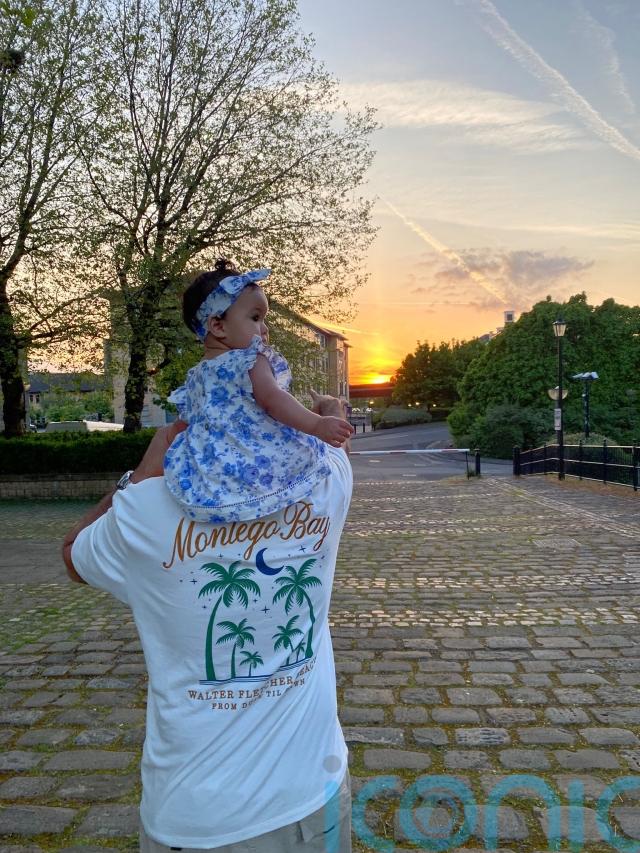
Following issues with the relationship with her relatives, Amani was taken into foster care, before she moved out when she was 17 to live independently.
After moving in with her partner, Ali, and completing her first year of university in Sheffield in September 2022, Amani fell pregnant with her now one-year-old daughter Maya.
“When I met my partner, I struggled a lot with sexual intimacy and we had a hard time having sexual intercourse,” she said.
“Sex was really painful and uncomfortable and full penetration was not possible.
“I couldn’t fully relax, I felt bad for enjoying myself, I felt guilty and ashamed for enjoying myself, because growing up, these conversations were always shut down.”
Amani said she got pregnant “by luck”, adding that she put her studies on hold and delivered Maya at the Jessop Wing hospital in July 2023 through a planned C-section due to the risks both she and her baby would have faced with a natural birth.
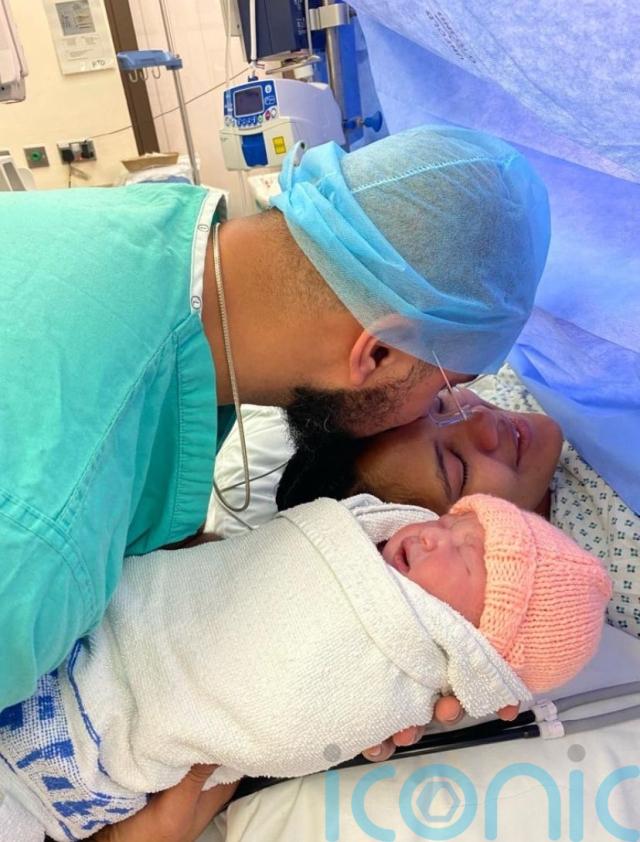
Six months later, Amani said she underwent a procedure called deinfibulation, a surgery to open her vagina, at the Leeds Blossom Clinic under the NHS, saying she was “torturing (herself) by keeping the FGM the way it was”.
“I thought about it in a way of taking back the power and control of my body,” Amani said.
“I’m in a different phase of my life now, I’m in a place I’m happy with, I’ve got my daughter, I’ve got my partner and I feel stronger, it doesn’t harm me now.
“I see it in a way that makes me feel empowered because I’m here now and this is what’s happened.”
Amani has had talk therapy and trauma-based therapy to process what she has gone through and she has been using her platform on TikTok to engage with other survivors, share information about FGM and create a network of support.
In the future, she hopes to open a non-profit organisation to visit countries where there is a high prevalence of FGM to educate and inform the communities there about the practice and the impact it has on women.
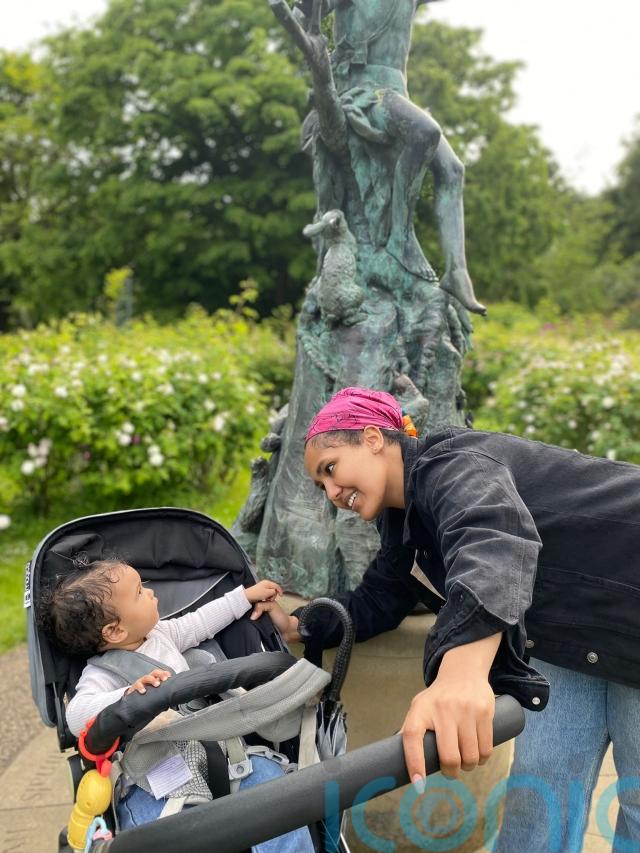
“It’s really important to tackle these problems from back home, from where they actually start,” she said.
“There’s a generational conditioning where this is something you need to do in order to be a woman, in order to be worthy of marriage, in order to be pure and hygienic.
“Men push this onto older women and it’s there where it carries on and it’s purely for the pleasure of the man.
“It’s something that stays with a girl for the rest of her life.”
For more information or advice, visit the NSPCC’s website at www.nspcc.org.uk/what-is-child-abuse/types-of-abuse/female-genital-mutilation-fgm/.
Subscribe or register today to discover more from DonegalLive.ie
Buy the e-paper of the Donegal Democrat, Donegal People's Press, Donegal Post and Inish Times here for instant access to Donegal's premier news titles.
Keep up with the latest news from Donegal with our daily newsletter featuring the most important stories of the day delivered to your inbox every evening at 5pm.